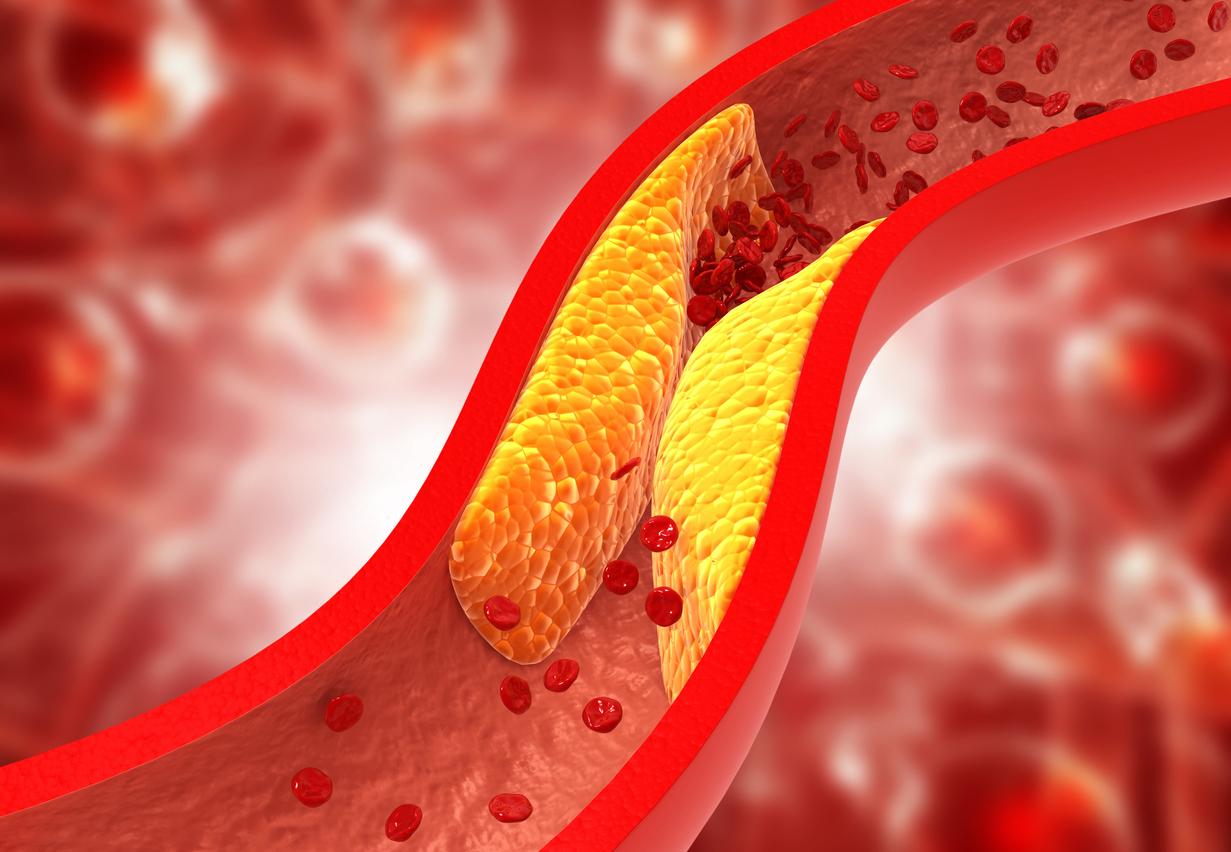People with celiac disease have an increased risk of developing cardiovascular disease, a study has found.

- A number of autoimmune diseases are associated with an increased risk of cardiovascular disease due to systemic inflammation, researchers found.
- Celiac disease is common worldwide and affects between 1 in 100 to 1 in 300 people according to the World Gastroenterology Organization.
- Gluten is a protein found in several cereals, including wheat, barley, oats, rye.
27% more risk: this is the result of a study published in the journal BMJ Medicine on the link between celiac disease and cardiovascular diseases, such as ischemic heart disease, heart attack and stroke.
Celiac disease is an autoimmune disease that occurs in individuals genetically predisposed by an intolerance to gluten which then do not have the necessary enzymes to properly degrade it during digestion, according to theInserm.
Cardiovascular risk: half a million people studied
To arrive at this result, the Oxford Population Health researchers studied the medical data provided by the half-million participants in the population study. UK Biobank. Among these people, 2,083 had celiac disease but did not suffer from cardiovascular disease at the origin. Their cardiovascular health was tracked, using hospital records and death certificates, for an average of just over 12 years.
During this period, 40,687 diagnoses of cardiovascular disease were recorded among all surviving UK Biobank participants and 218 were in people with celiac disease.
This proportion translates to a 27% increased risk of cardiovascular disease in people with celiac disease compared to people without it. The risk also seemed to increase with the duration of the disease, rising to 34% in people who had been sick for 10 years or more.
Processed products without gluten could be a cardiovascular risk factor
The reasons for this phenomenon are not clear, indeed people with celiac disease had fewer known risk factors for cardiovascular disease (including overweight or obesity, high systolic blood pressure, history of smoking and high cholesterol).
This is an observational study, which therefore cannot establish a causal link, indicate the authors who all the same evoke a track at the origin of this association. Indeed, the gluten-free diet, which people with celiac disease are required to follow to alleviate symptoms, could have a role if it contains processed products. Indeed,” theGluten-free food products are not always the most dietary: compositions low in protein and fiber, but high in sugar and salt”, says Dr. Jean-Paul Marre.

















